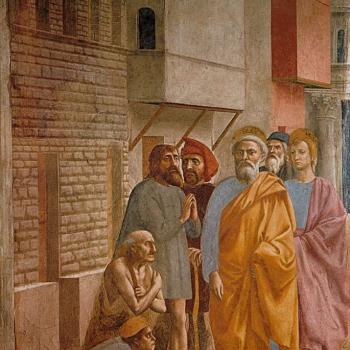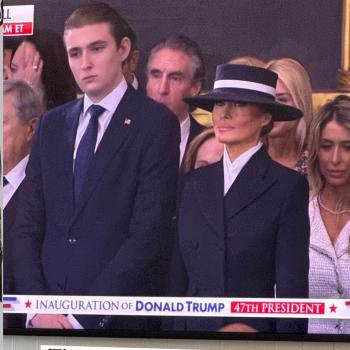The questions begin to multiply about the doctrine of fairness: How many differences is it wise to erase? When will we know we have achieved fairness and equity? Even if we do achieve it momentarily, what do we do as the balance inevitably shifts? What are the boundaries between policies that instill fairness and policies shaped by envy and resentment? Where and when is freedom lost at the expense of achieving equity?
Building the kind of equitable world that our rhetoric seems to imply we want to achieve proves to be like building the Tower of Babel—an effort that would collapse under the weight of the complexity and the hubris it would require to attempt it. And therein lies the spiritual wisdom of both ancient Judaism and early Christianity. In the complex world that resists our efforts to enforce our own notions of fairness and knows how easily our efforts to achieve it are corrupted, there is no substitute for a thirst for the will of God, for righteousness, justice, and love. These are not static ideals to be achieved once and for all. They are the values that change us and, in changing us, make it possible to care for one another, regardless of the shifting circumstances of life.
Rather than chasing after political schemes that promise to relieve us of that responsibility, we would do well to press our leaders to deal with the complexities we face with greater honesty. We should also ask what they plan to do to create an atmosphere in which those values are nurtured, because right now the rhetoric used, left and right, is bent on feeding envy, malice, and division.





